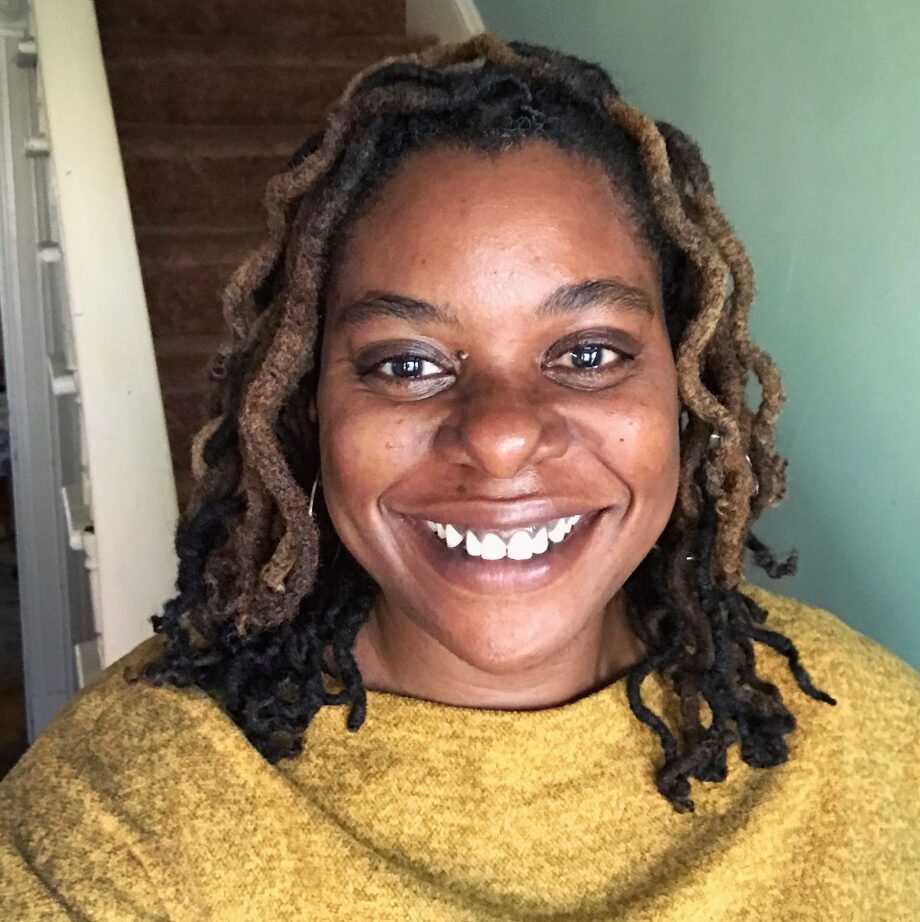
Arizona State University’s Center for Work and Democracy is hosting Deva Woodly, Brown University Political Theorist of Black Liberation for a discussion on the Politics of Care.
Since the outbreak of the COVID-19 pandemic, discussions about the politics of care have proliferated within and beyond the academy. This welcome attention to care as an ethic and a political praxis demands we revisit care in the context of ongoing and new forms of state violence. The present moment invites a re-engagement with care as a political theory, an ethic and a social practice aimed at reorienting people toward new ways of living, relating, and governing. The 21st century approach to the politics of care aims at unmaking racial capitalism, cis heteropatriarchy, the carceral state, and the colonial present. The politics of care is an approach to political thought and action that seeks to move beyond the approaches of the 20th century and push toward new understandings, practices, and policies that could be constitutive of a world where all people can flourish.
Deva Woodly is Professor of Politics at Brown University. She is the author of Reckoning: Black Lives Matter and the Democratic Necessity of Social Movements (Oxford 2022) and The Politics of Common Sense: How Social Movements Use Public Discourse to Change Politics and Win Acceptance (Oxford 2015). She has held fellowships at the Institute for Advanced Study in Princeton as well as the Edmund J. Safra Center for Ethics at Harvard. Her research covers a variety of topics, from social movements to race, imagination, media, communication, and political understandings of economics. Her newest work is on the politics of futurity – particularly what it means to take the concept of political worldbuilding seriously in the 21st century. Regardless of topic, she focuses on the impacts of public discourse on the political meanings of social and economic issues as well as how those common understandings change democratic practice and public policy. Her process of inquiry is inductive, moving from concrete, real-world conditions to the conceptual implications of those realities. In all cases, she centers the perspective of ordinary citizens and political challengers with an eye toward how the demos impact political action and shapes political possibilities.
Image credit: Courtesy of the speaker

